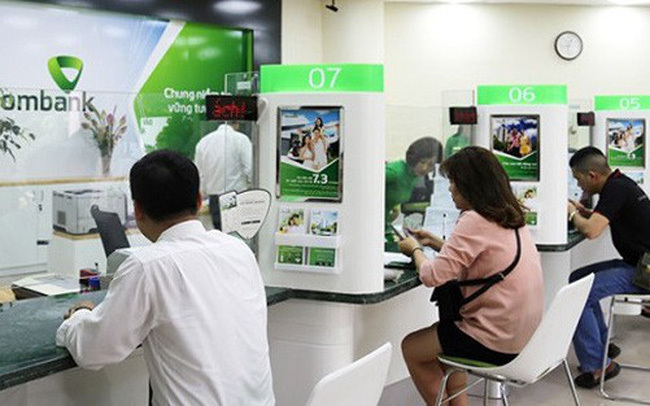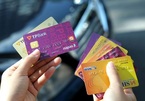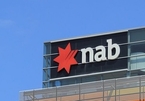On the last working day of 2018, Vietcombank’s plan to sell shares to GIC, an investment fund from Singapore, got the nod from PM and the transaction was made.

Prior to that, the bank had organized a lot roadshows, preparing for the plan on selling 10 percent of shares.
At the shareholders’ meeting in April 2018, Vietcombank’s managers revealed that many investors showed interest in the sale campaign. However, to many people’s surprise, only 3 percent of the shares were sold. As such, Vietcombank has one more foreign investor, GIC, together with the existing one, Mizuho Bank.
Vietcombank is one of the big four banks in Vietnam, one of the best banks with the bad debt ratio at below 1 percent and high annual profits.
But why couldn’t it sell the 10 percent of shares it wanted to sell?
A senior executive of Vietcombank later told the press that partners all highly appreciated the bank’s business indexes, but the transactions haf problems.
|
At the shareholders’ meeting in April 2018, Vietcombank’s managers revealed that many investors showed interest in the sale campaign. However, to many people’s surprise, only 3 percent of the shares were sold. |
First, at that moment, most of the potential investors Vietcombank offered to sell shares to were having new investment deals in Vietnam’s banks.
The representative of a large fund revealed that the investments still have not brought profit. The bank share prices have decreased sharply since the time they bought shares. Therefore, they were more cautious arranging new investments.
Second, as a state-owned bank, the sale must go in accordance with strict regulations on asset valuation and selling prices (the selling prices must not be lower than the average reference price on the floor according to the number of sessions determined).
As Vietcombank market prices escalated, the bank found it difficult to find buyers. Meanwhile, buyers had to agree that they won’t transfer capital within one year after the deal.
Finally, Vietcombank could sell only 3 percent out of 10 percent of shares it offered at the price of VND55,800 per share.
This means that Vietcombank this year will have to continue to sell the other 7 percent left.
Vietcombank shares were traded at VND71,000 per share late last week. Will the share price rise once again be an obstacle to the bank’s share sale plan implementation?
The bank reported the pre-tax profit of VND9 trillion in the first five months of the year. Its bad debt ratio is curbed at below 1 percent. Its managers affirmed that the profit target of VND20 trillion this year is within reach.
In related news, the plan to sell 17.65 percent of BIDV shares to KEB Hana Bank announced in Q3 2018 still cannot be implemented.
Bizlive

Vietnam’s banks change from magnetic cards to chip cards
The change in technology used for domestic payment cards is expected to give a push to non-cash payments in Vietnam.

National Australia Bank Limited stops working in Vietnam
National Australia Bank Ltd.'s five-year presence in Vietnam comes to an end as the State Bank of Vietnam (SBV) decided to revoke the license of its representative office in the country.
 Vietcombank is offering to sell 6.5 percent of shares to foreign investors this year in a plan to raise charter capital.
Vietcombank is offering to sell 6.5 percent of shares to foreign investors this year in a plan to raise charter capital.